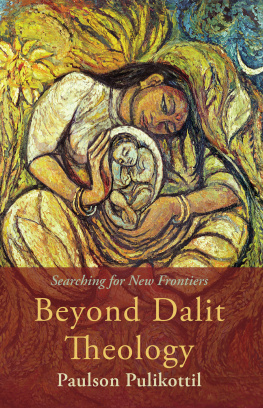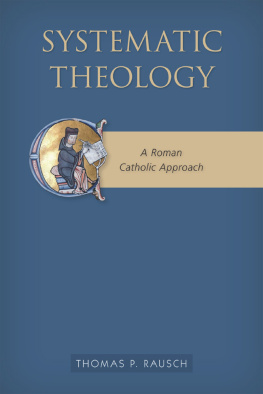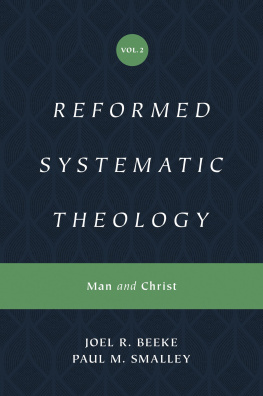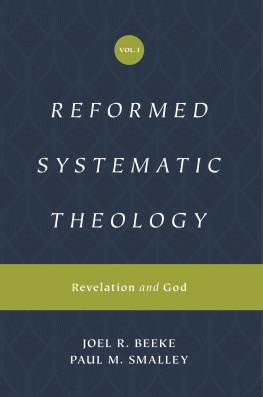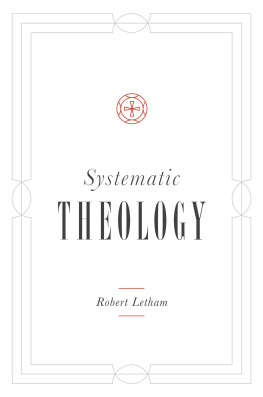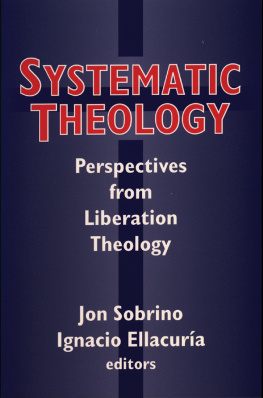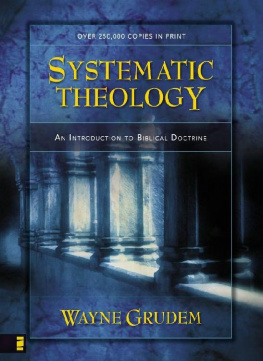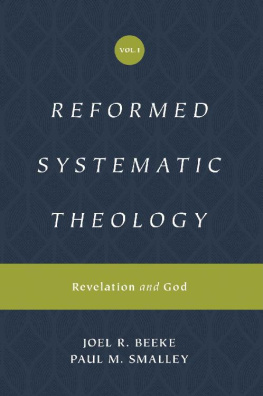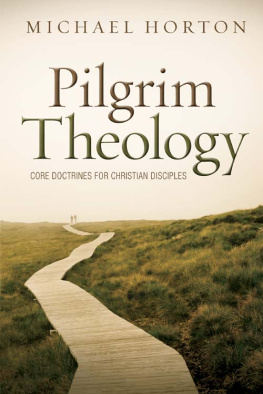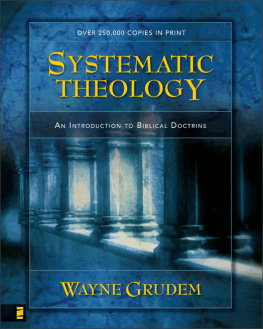First published 2001
by Routledge
2 Park Square, Milton Park, Abingdon, Oxon, OX14 4RN
Transferred to Digital Printing 2007
2001 Michael Warren Myers
Typeset in Sabon by LaserScript Ltd, Mitcham, Surrey
All rights reserved. No part of this book may be reprinted or reproduced or utilised in any form or by any electronic, mechanical, or other means, now known or hereafter invented, including photocopying and recording, or in any information storage or retrieval system, without permission in writing from the publishers.
British Library Cataloguing in Publication Data
A catalogue record for this book is available from the British Library
Library of Congress Cataloguing in Publication Data
A catalogue record for this book has been requested
ISBN 0-7007-1257-7
Publisher's Note
The publisher has gone to great lengths to ensure the quality of this reprint but points out that some imperfections in the original may be apparent
It has long been my desire to write a book comparing Indian and Western religions in a way that highlights their deep structural similarities and differences. But it was only five years ago that it occurred to me to adopt the genre of theology, and in particular, systematic theology.
In 1994, Professor Gordon Kaufman of Harvard Divinity School visited our philosophy department at Washington State University for the annual Frank and Irene Potter Endowed Lecture Series. The Potters were beloved teachers at Washington State; Frank Potter began the philosophy department and was its first instructor. Professor Kaufman's visit coincided with the publication of his magnum opus, In Face of Mystery: A Constructive Theology (Cambridge, Mass.: Harvard University Press, 1993). It was Professor Kaufman's visit and book that made me realize that theology can be as critical and reflective a discipline as any other, including philosophy. In fact, his example of theology at its best explicit, critical reflection on worldview construction and comparison was key to discovering my own way of inquiry.
Before this time, I had shared the blindspot of many philosophers that talk of God is so suspect that it is to be outlawed except under carefully preset conditions. One of the conditions is that we must always begin at the beginning, with proofs for God's existence and consensus about religious language. If we do not have sound proofs and consensus, so the argument goes, we must refrain from using religious categories of thinking. But to predetermine the model and methods of inquiry is decidedly uncritical. Thus, it occurred to me that while enlightenment philosophers like Immanuel Kant breathed the fresh air of a climate released from dogmatisms fostered in theology, today the situation is reversed in the sense that theology, religious studies and like disciplines are often willing to use creative and insightful methods overlooked in other disciplines. So theology has been my breath of fresh air.
I became interested in Indian philosophy and religion while in high school in the late sixties. I had come to the end of my childhood in a loving, liberal protestant home. My mother had imbued me from the crib with a strong sense of the narrative power of the Bible: she was a storyteller. Her reflections on her own life and childhood were inextricably intertwined with Biblical motifs and theological thinking. And she was a thinker. She developed sound arguments in medical ethics based on her nurse's training and theological presuppositions. Her position on abortion, for example, reflected the reasoning room presented by the fact of contemporary illegality. She reasoned that in case of danger to the mother's life, abortion is permissible because the woman is a real life; the baby potential only. It struck me as a child that this was an eminently reasonable view, and still does even after gaining familiarity with arguments from the doctrine of double effect.
The protective love and care of my mother came to an abrupt close on the day after New Year's in 1967. She died of a broken aneurysm of the aorta after an illness of a single day. She was 45; I was 15. My father, two sisters and I developed a closeness at that time we have held ever since, but the strength of the gravity-pull at the center of our family constellation was gone. It was this shocking fact that led to my openmindedness to forms of meaning beyond my own tradition and upbringing.
Indian and other Asian ways of thought have come to the West in a series of popular and scholarly waves through the years. At the time of my crisis of meaning, a new wave was washing over the West. Popular musicians such as the Beatles were studying Indian ways and playing Indian music. Philosophers like Alan Watts were learning Indian systems of thought and articulating them more clearly than ever before. These were my high school heroes. I think it unwise to discount my generation's interest in India and the East. We were earnest seekers of truth.
The popularization of Indian religion and Indian culture led to a lifelong interest on my part. My intellectual development has included a sustained openmindedness to the ideas of other faith traditions. Yet the distinctive (or even peculiar) history of my childhood and adolescence has precluded the adoption of an easy atheism for me. My work thus takes a conservative form in terms of Christian life, thought and practice; but also an acceptance of religious pluralism and an active seeking of the wisdom traditions of the East.
This book reflects these dual concerns. It is made possible by a sabbatical leave during the Fall 1998 semester and a modest travel grant from Washington State University. The bulk of the writing was done at the Rare Book Reading Room of the Gonzaga University Library, a place highly conducive to scholarly habits. I would like to thank Mr. Robert L. Burr, Dean and Head Librarian at the Foley Center of Gonzaga University, and the entire staff at the library. Many colleagues provided valuable feedback during the process of writing the book. Professor Nicholas Gier of the University of Idaho read an early version of the entire manuscript. The following people read and made comments on individual chapters: , Dr. Albert Harrington of Pullman Baptist Church (Al is also a retired professor). I thank all of these people for the generous gift of their time and critical abilities. Finally, I am grateful to the folks at Curzon Press for their patience, support and scholarly professionalism.
Michael Myers
Pullman, Washington


